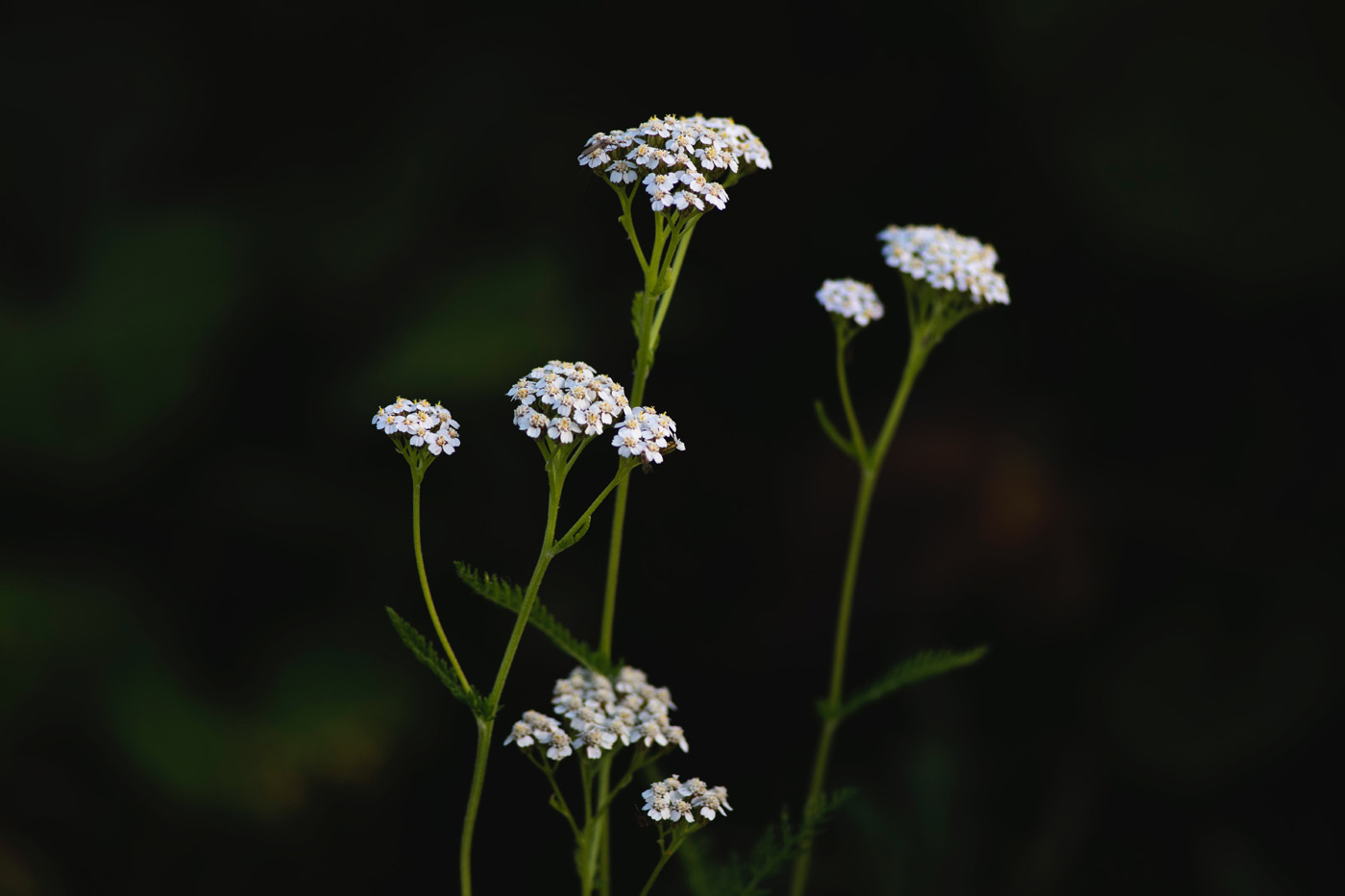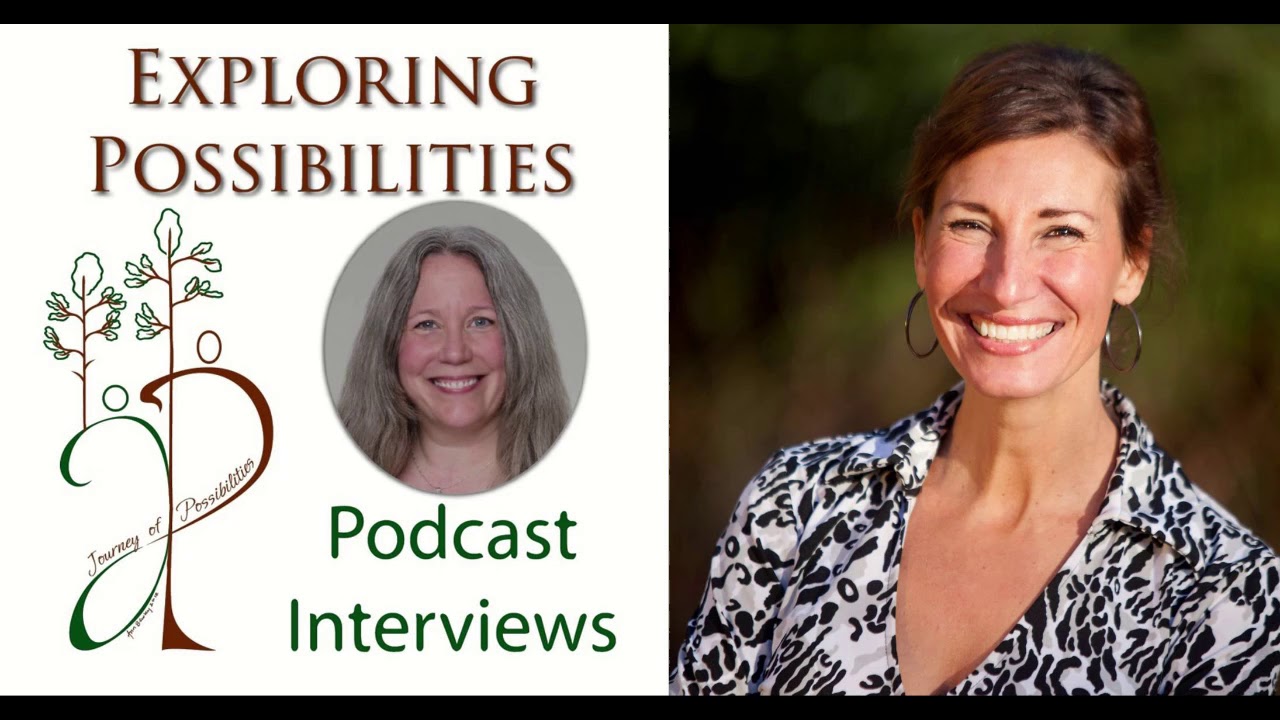In my work, my teaching and my travels I have begun to see a shift of focus in recent years of people who are seeking deeper connection and more meaningful experiences in life than generally offered by our wider society. As the Western world continues to march forward in the name of “progress”, we are seeing the repercussions of the prevailing attitude that the Earth is a source of endless resources to be exploited and monetized.
As a society, we place too much emphasis on productivity and not enough on connectivity. Consumerism has run amok and the pressure to “succeed” or to earn more to acquire more stuff has made life more complicated. On top of this, the idea that there is not enough to go around and therefore we must compete with each other has pervaded in our culture adding to divisiveness and conflict.
Bush Smarts
In my many years of experience working with and learning from the San Bushmen, I have gained a deeper understanding of what we as humans fundamentally need to live happy, healthy and rewarding lives. Much can be learned from indigenous cultures such as the Bushmen, who live close to nature and therefore recognize the importance of community from the perspective of surviving and thriving together.
I like to describe it as “bush smarts” as opposed to “street smarts”. Street smarts tell you not to trust people and to do whatever you have to in order to get ahead. Bush smarts says that trust is key; there is no “getting ahead” when you are part of a collective. Solutions to problems exist in community, companionship, and compassion. Empathy and sympathy are traits that matter. There are no body image issues.
We joke about the idea of “First World Problems”, but whatever the cause, stress, being overwhelmed, and emotional imbalance are real issues that affect health and happiness. Solutions for many of the difficulties we face in modern life lie in the things that we have either lost touch with or that we take for granted. Indigenous wisdom demonstrates the power of getting out of our heads and back into our hearts and living in the here and now. For instance, in Bushmen culture, mistakes are spoken about and forgiven on the spot. In our culture, mistakes are extended and are often brought up again and again.
Sure, you can learn from the past, but if you let your mind linger there, you become a victim of your past. Indigenous peoples survive and thrive in nature and the elements HAVE to live in the present.
For myself, dealing with challenges (such as MS) allowed me to focus on living in the present. This created simplicity and in time, happiness. MS made me wake up and approach my life from the perspective of the now in order to create health and balance. It turned out to be a blessing. Approaching life this way allows us to live more simply, to free up our time for the things that truly matter, and to live our passion.



